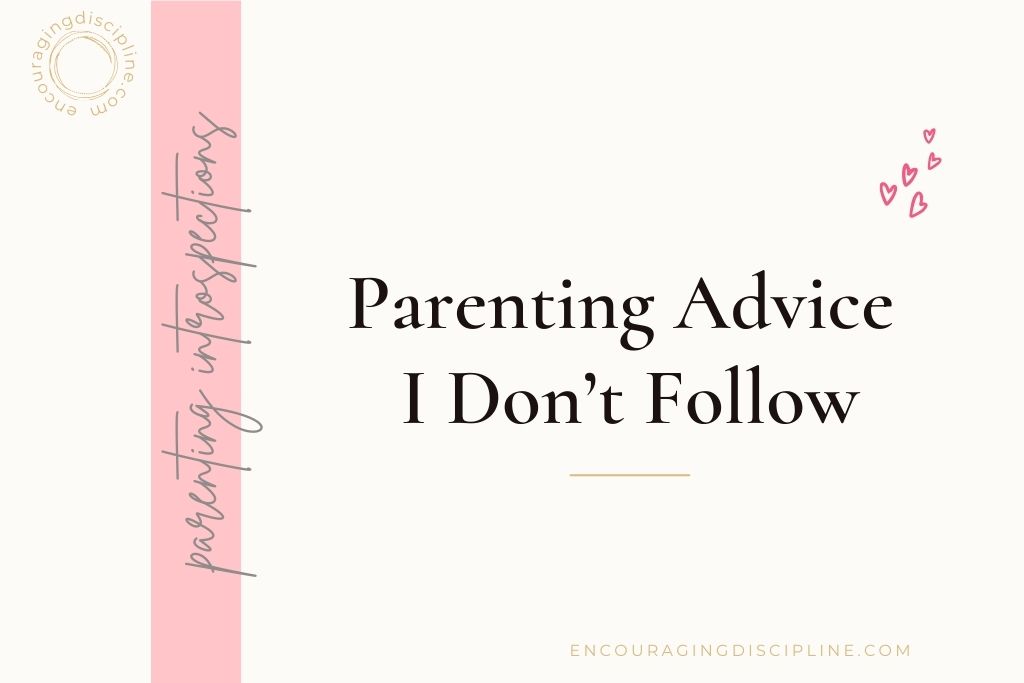Never Do for Your Child What They Can Do for Themselves?
There is a well-known and well-intentioned principle in parenting, that I am sure you’ve heard of, that says “Never do for your child what they can do for themselves.”
The idea behind this statement is valid: we want our children to develop skills and aptitudes that will help them become independent and resourceful.
And yes, not allowing our children to try new things, make messes and mistakes, or practice new skills out of fear that they’ll hurt themselves, get it wrong, take too long, etc., is not an encouraging parenting approach.
We have to give our children opportunities to try new things, practice, and learn. Sometimes we may even need to push them to do things that are out of their comfort zone. If we constantly try to protect our children and do things in their place, they will not gain the confidence and skills that they need to thrive.
So, by all means, let’s allow our kids to grow by giving them plenty of opportunities to challenge themselves and learn.
But sometimes, our kids still want us to do things for them, even when they’ve mastered a skill. And we’re told, “No, no, don’t do things for them, you want them to become independent and self-reliant.” When we hear such advice, we become afraid that our kids won’t know how to tie their shoelaces when they’re 25, or they will become spoiled and unappreciative and expect everyone around them to cater to their needs 24/7.
But, honestly, how many adults do you know who don’t know how to brush their teeth or still expect their mom to brush their hair? I would expect not many.
So what I say is, do it. Pamper them, baby them, tie their shoelaces, brush their teeth, brush their hair, pack their lunch, let them eat in your lap, or do whatever makes them feel loved.
Because we all have days when we feel a little insecure and weak. And we would love some reassurance from those around us that we are still loved and worthy, that we still matter to them. We all need to feel taken care of now and then.
When we respond to our children’s cues and invitations for connection, we build trust and strengthen our relationship. We build their confidence in themselves and the world they live in. We model a healthy relationship in which we show up with empathy for the people we care about.
Let’s remember that our children are complex human beings, with needs and feelings that change and fluctuate. Just like us. When our children send us a signal to go toward them, let’s not miss the opportunity to create safety and connection.
So instead of rigidly applying the principle of “don’t do things for your kids that they can do for themselves”, I would like us to remember to read our children’s cues, put ourselves in their shoes, and aspire toward balance. And let’s remember to treat them the way we would like to be treated.







